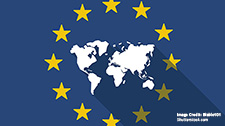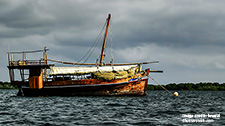Organized Crime in Foreign Policy
Christina Wenngren and Niklas Swanström
Transnational organized crime is part and parcel of the modern, globalized economy. The black market has irrefutable influence over both economic and political structures. It corrodes, corrupts, and coopts the institutions with which it comes into contact. Features that arise as a side effect of organized criminal activity also impact economic, social, and political developments. Isolated approaches aimed at counteracting criminal networks have proved ineffective, necessitating a fresh perspective on foreign policy-based solutions.
A central difficulty of researching organized crime is the opaque nature of criminal networks, whose members prefer to operate in the shadows. The underworld does not owe accountability to any outsiders, nor do crime syndicates generally file tax returns. International bodies like the United Nations Office on Drugs and Crime are forced to rely on the reports of member states, which are often subject to distortion. This makes accurate assessment of the extent and impact of organized crime difficult, to say the least.
Part of what makes the black market difficult to combat is the malleable approach of criminal networks. They employ a variety of strategies to pursue their illicit activity and will quickly adapt to the given strength or weakness of their host state. These strategies manifest themselves as either evasion, confrontation, or infiltration of state institutions. All of these strategies undermine legitimate sociopolitical structures, making it imperative to implement effective foreign policy initiatives that fight the trade as a whole.


